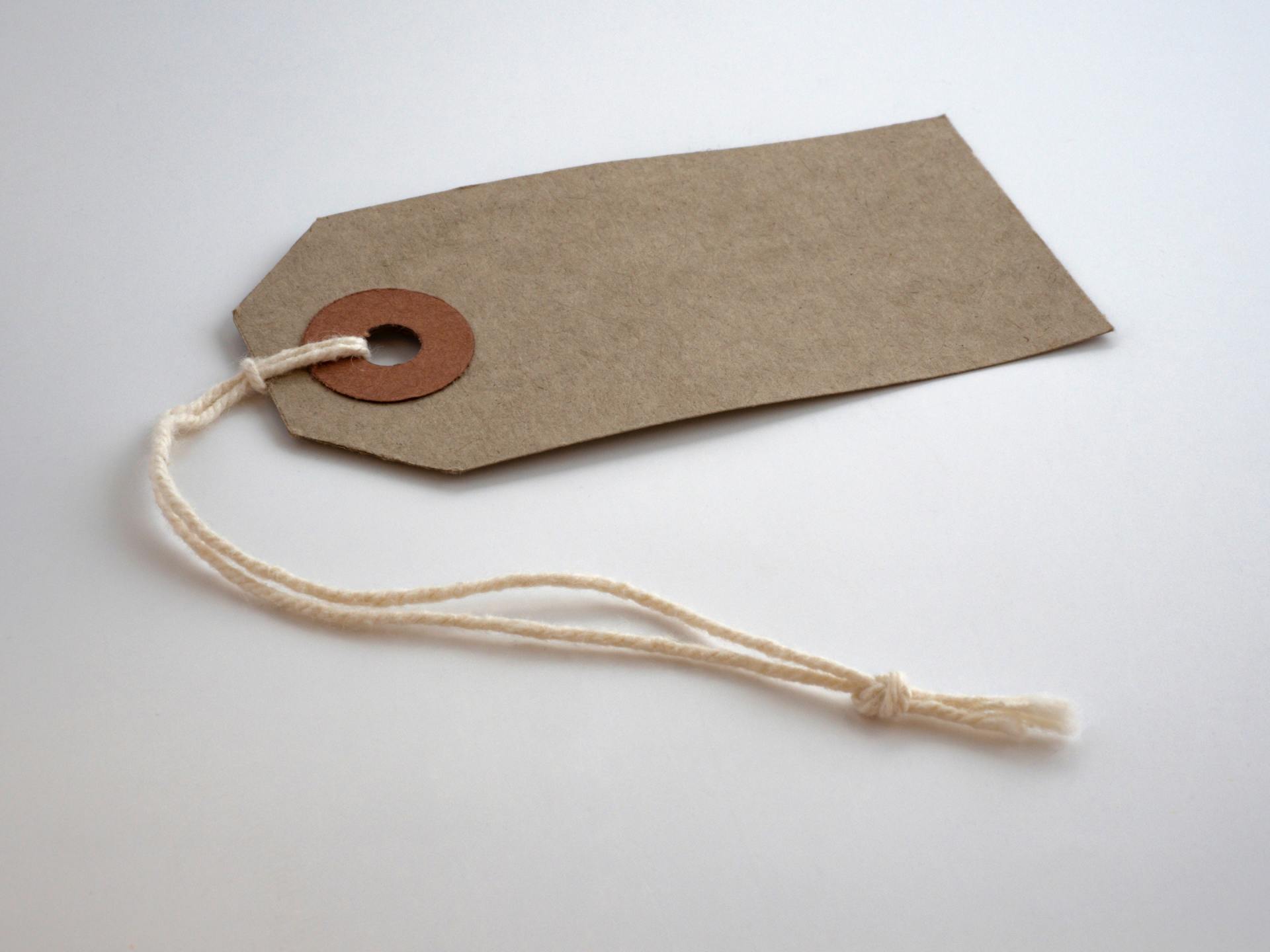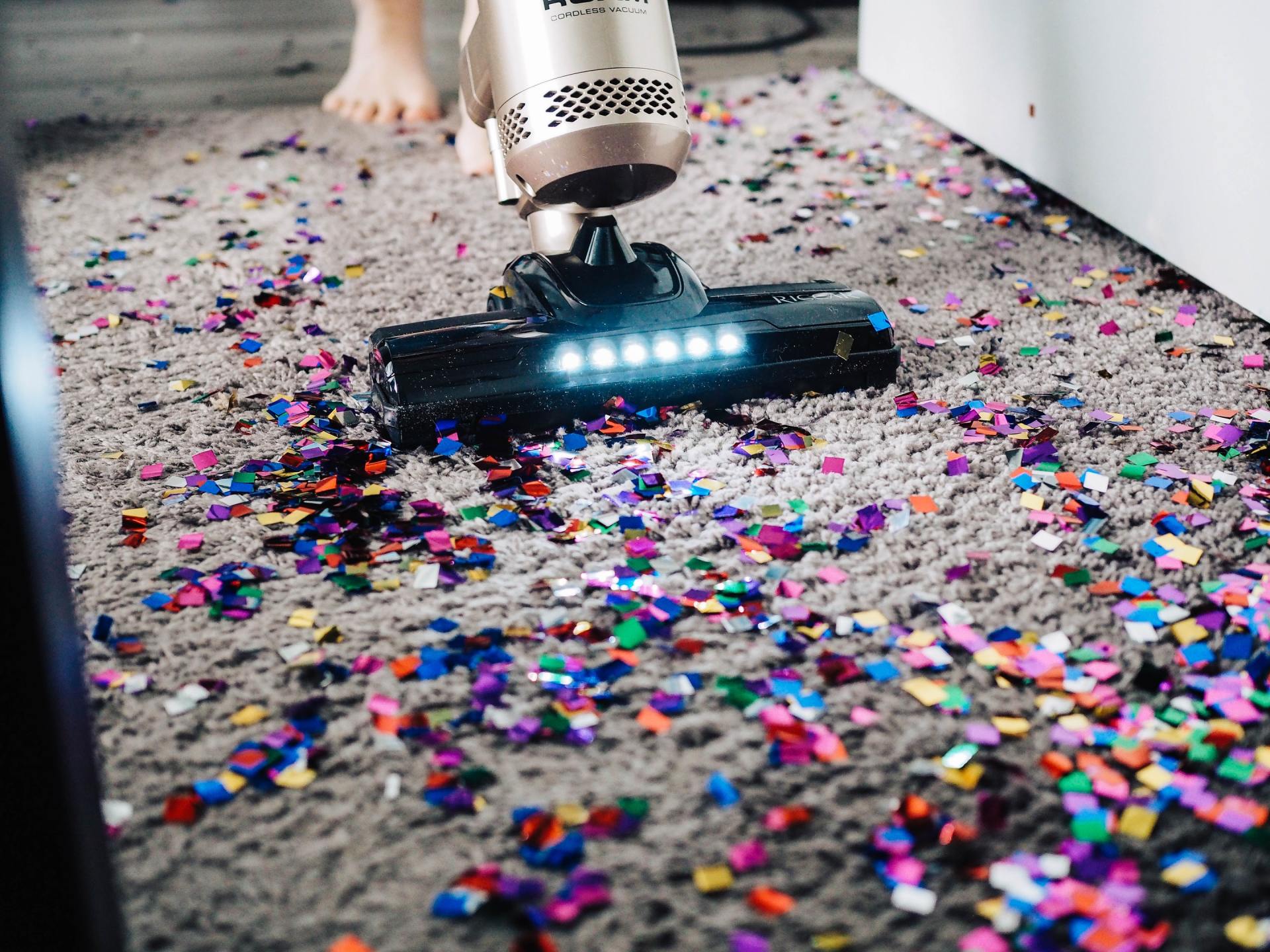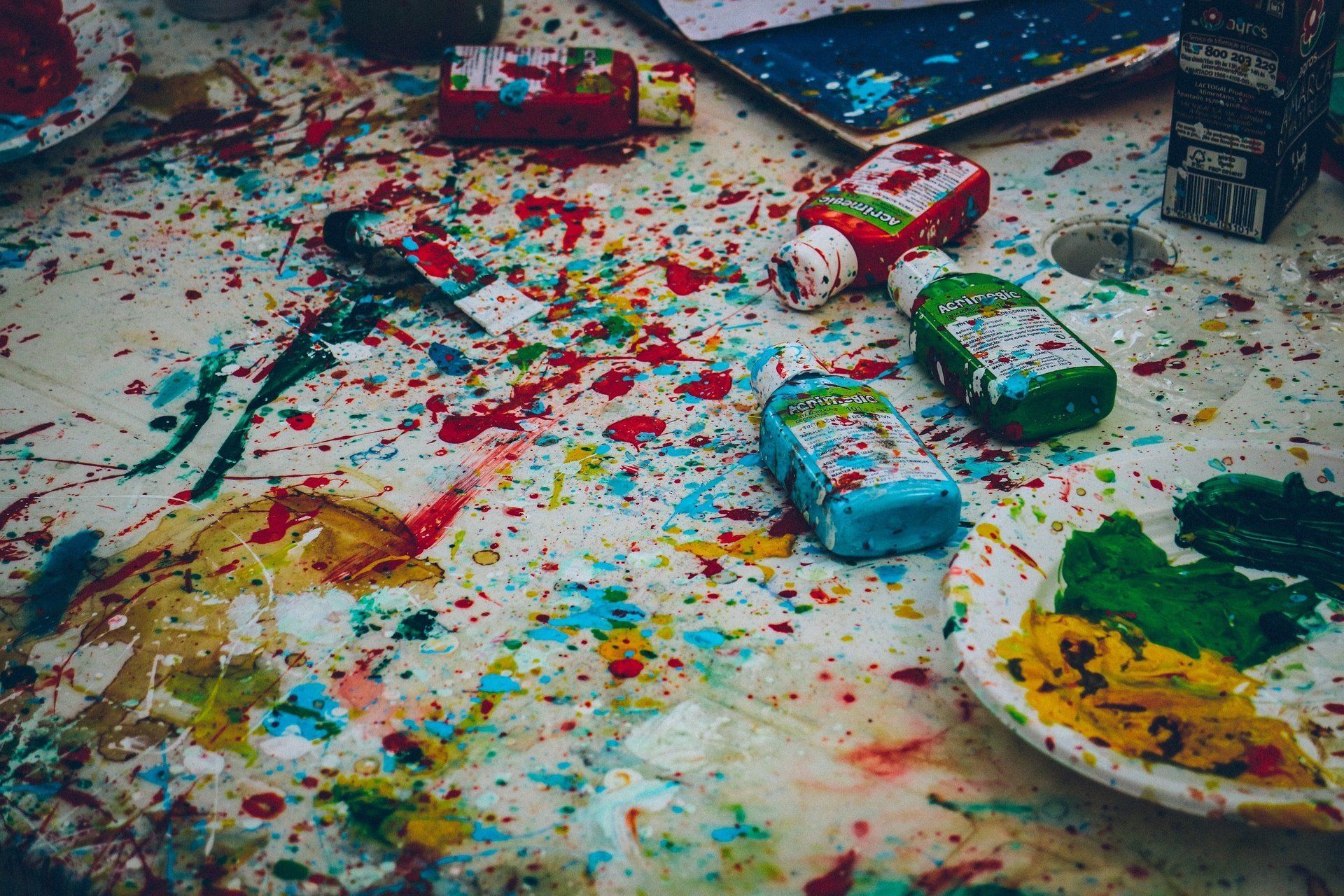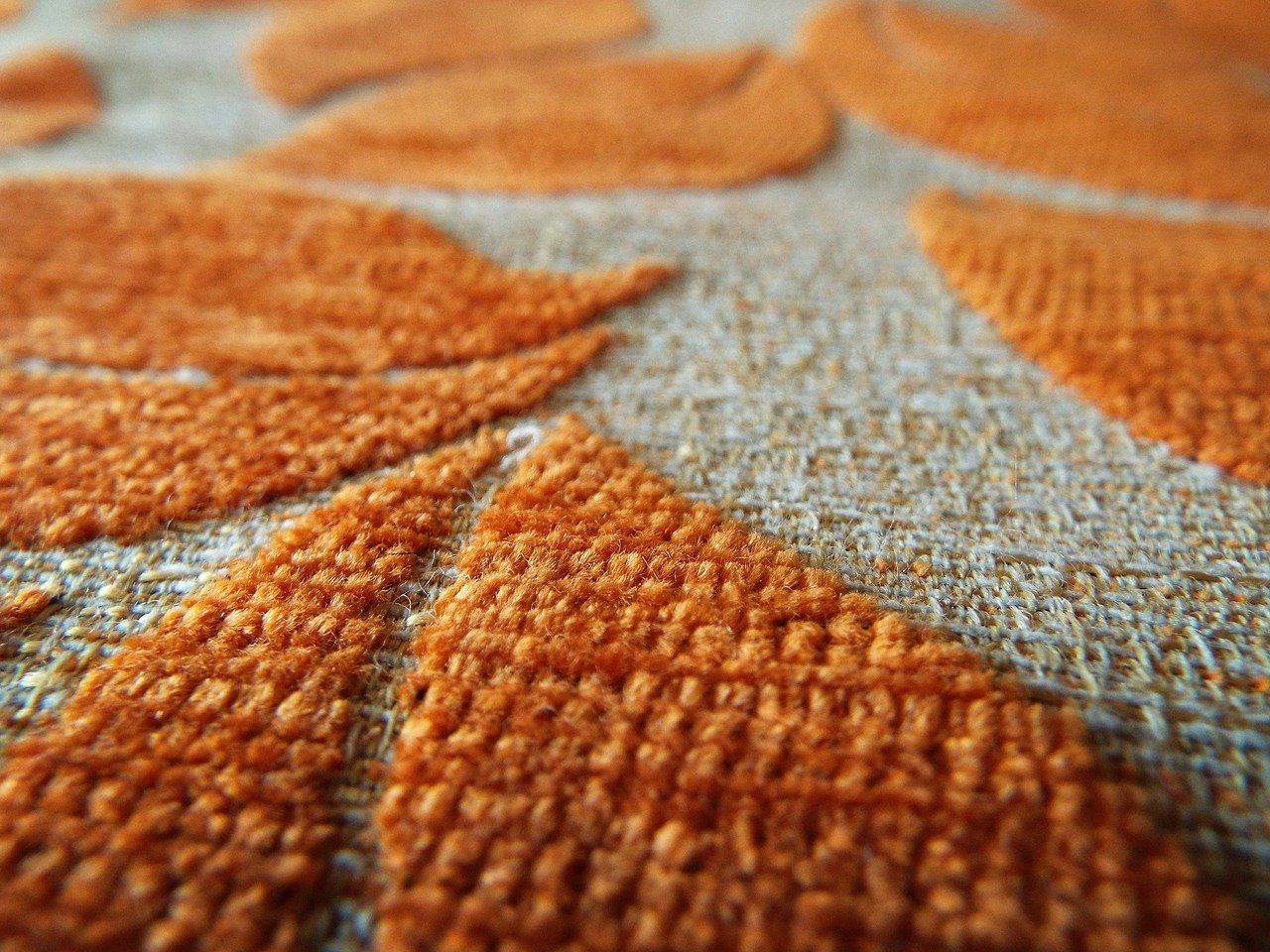This obviously won’t apply to everyone, but for those in a position where you have new carpet that may still be covered under warranty, this is CRITICAL. Most manufacturer warranties will have specific verbiage included in the terms/conditions that will specify the cleaning requirements. In most cases, manufacturers will require professional steam cleaning once a year, but be sure to verify with your specific warranty documentation to avoid any surprises once it’s too late.
How Often Should Carpet Be Professionally Cleaned?
James Corley • August 15, 2019
This is one of the most common questions asked, and the answer might surprise you!
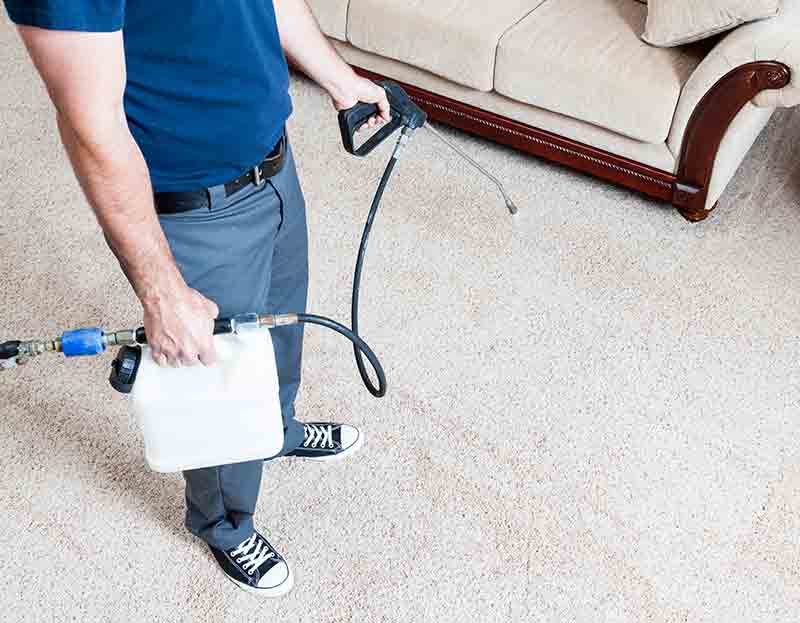
Carpet is one of the most common flooring choices in homes and offices alike. With the right care and maintenance, carpet will display amazing resilience and look great for many years. However, if you do not adhere to recommended maintenance plans, your carpet will quickly begin to show signs of wear and damage. When considering the question of how often carpets need to be professionally cleaned, we must take into account several factors to arrive at the best answer for your situation.
Manufacturer's Warranty
Vacuuming Habits
Pets and Kids
Traffic Patterns
Carpet Color
Conclusion
Generally speaking, it is recommended in most situations that carpet should be professionally cleaned once a year. However, as discussed throughout this post, there are numerous factors that can directly impact the frequency with which your carpets should be professionally cleaned. Any time-frames mentioned in this post are merely estimates, and every customer will have unique needs depending on the factors mentioned in this post, plus many other contributing factors. The carpet care team at Victory RCS specializes in evaluating the unique needs of our customers to develop the best plan for every situation.
So, if you suspect that your carpet may be filled with Cheetos residue, you're tired of the stains left by Fido's addiction to deer bon-bons, or you've just decided that you're ready for clean carpet, give us a call today!
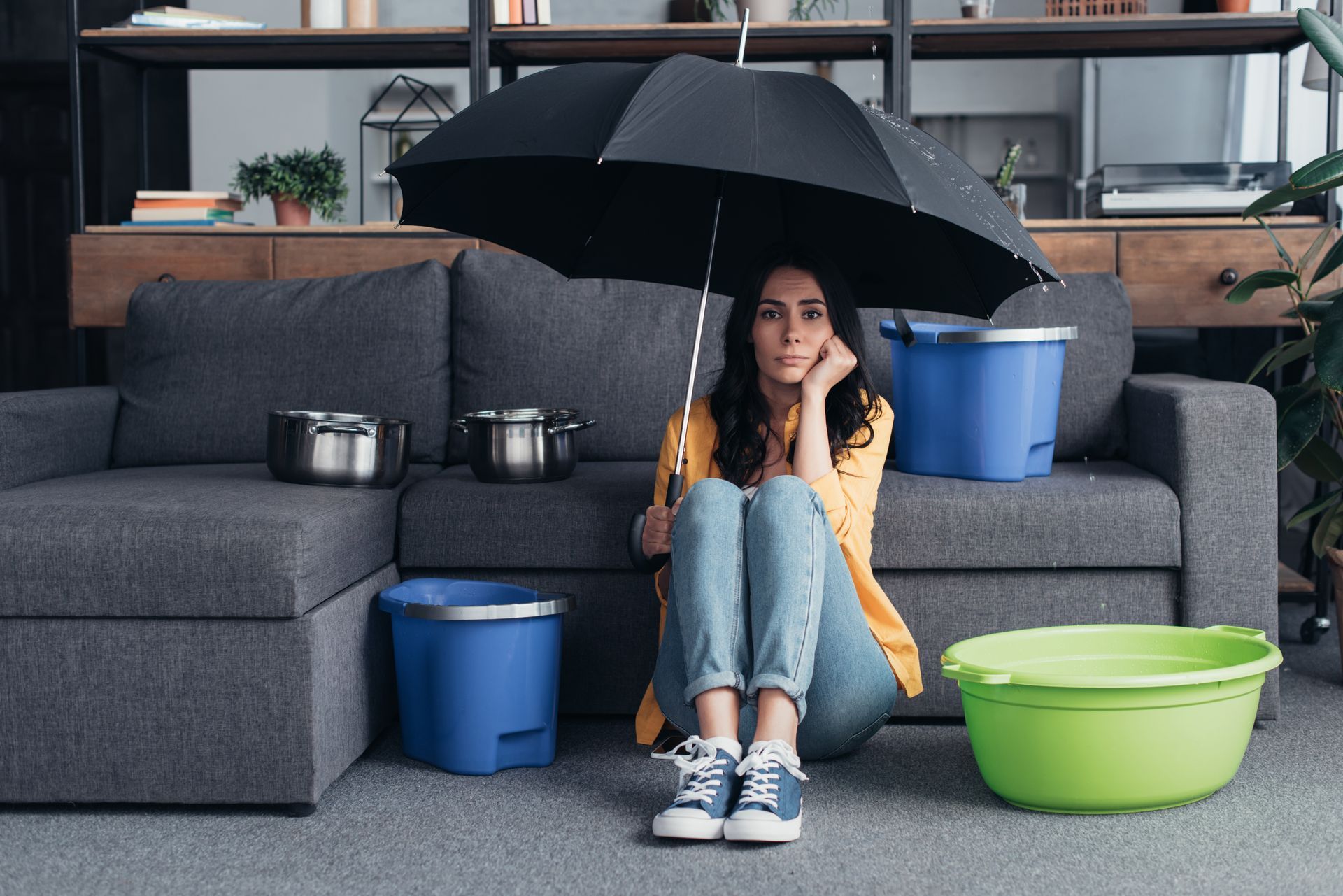
When disaster strikes and water wreaks havoc in your home, professional water damage restoration becomes your lifeline to recovery. I've seen homes transformed from water-logged nightmares back to their former glory, and trust me, quick action makes all the difference. Whether you're dealing with a burst pipe or flood damage, understanding the water damage restoration process is crucial for protecting your biggest investment and getting your life back on track. The Ultimate Guide to Water Damage Restoration: Protecting Your Home After a Disaster Let me tell you straight - water damage is no joke. I've seen homes destroyed because homeowners waited too long to act. As a restoration expert at Victory RCS, I'll walk you through everything you need to know about water damage restoration. What Is Water Damage Restoration? Water damage restoration is the process of returning your property to its pre-loss condition after water damage occurs. Think burst pipes, flooding, or that washing machine that decided to flood your laundry room at 2 AM. I've handled thousands of these cases, and trust me, quick action makes all the difference.
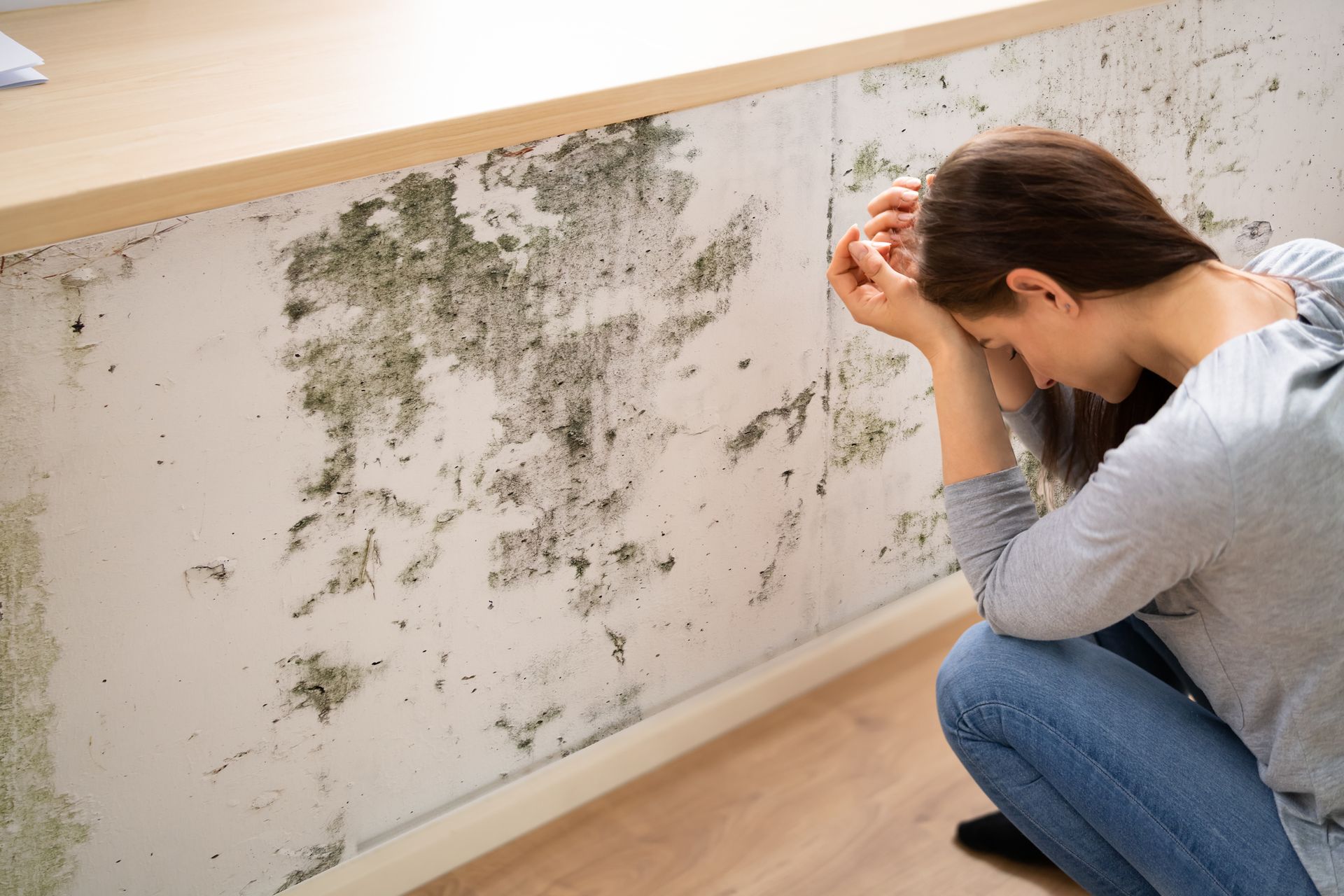
Dealing with mold removal after disasters can feel overwhelming, especially when you're already coping with water damage aftermath. I've helped countless homeowners tackle this challenge, and today, I'm sharing the exact process that works. From safety gear to proper cleanup techniques, these expert tips will guide you through effective mold removal after water damage, helping you protect your home and family. How to Safely Remove Mold After Water Damage: Expert Tips for Homeowners I've spent years dealing with mold remediation after disasters, and I'll tell you exactly what works. Here's the deal: when water damage hits, mold can start growing within 24-48 hours. I've seen countless homes where small water issues turned into massive mold problems because homeowners waited too long. Let me walk you through the exact process we use at Victory RCS to handle mold safely and effectively. Step 1: Assess the Damage (Do This First) First thing I do on every job is grab my moisture meter. You'd be shocked how often mold hides behind seemingly dry walls. Here's what I check: - Wall moisture levels (anything above 20% needs attention) - Hidden spaces behind baseboards - Under carpets and padding - Inside wall cavities using specialized probes Pro tip : That musty smell? It's often your first warning sign of hidden mold.
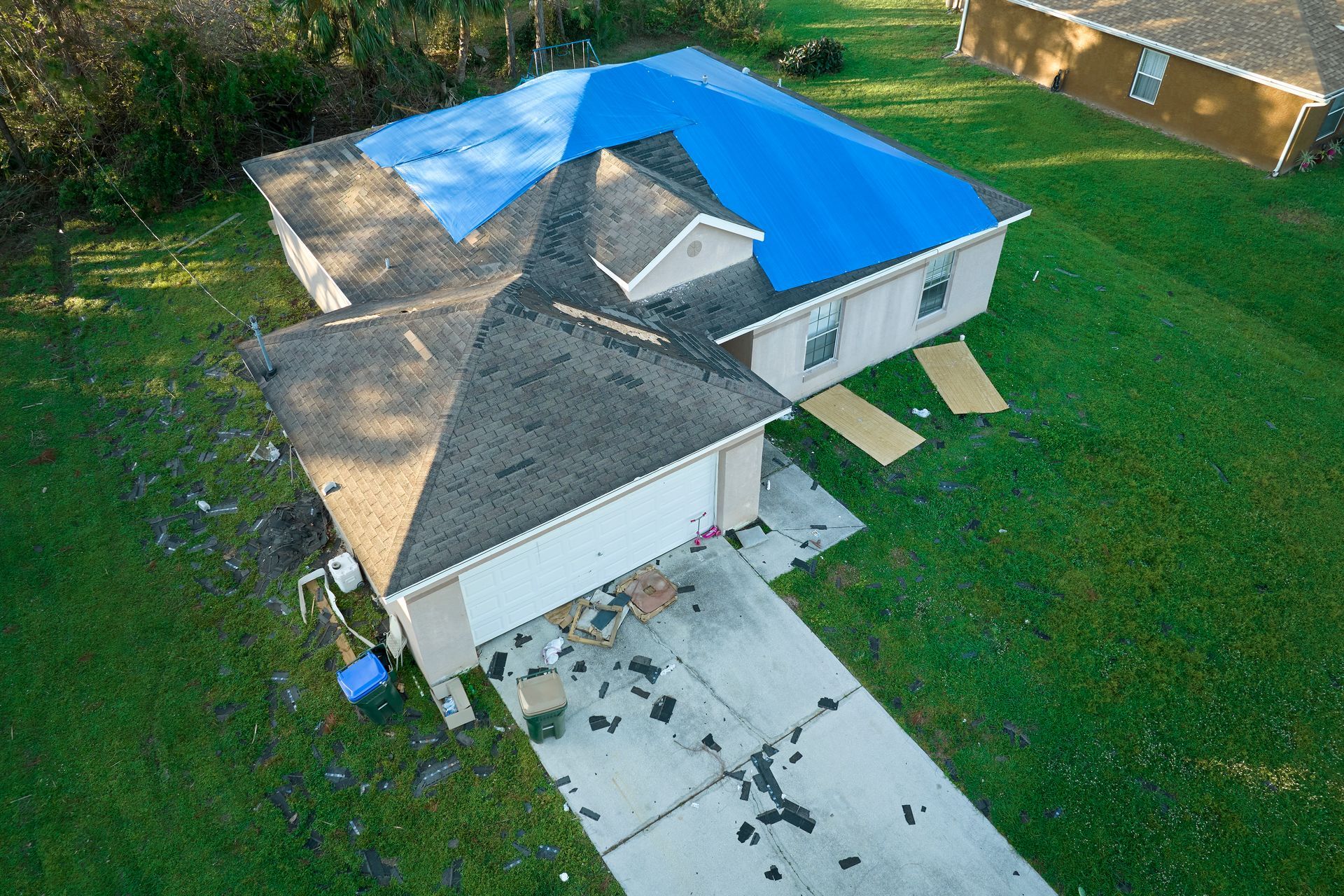
Dealing with different types of storm damage can turn your world upside down - trust me, I've been there. Whether it's a fierce hurricane, nasty hailstorm, or unexpected flood, knowing what you're up against is half the battle won. Let's dive into the most common types of storm damage you need to watch out for, so you can protect your home and keep your family safe.
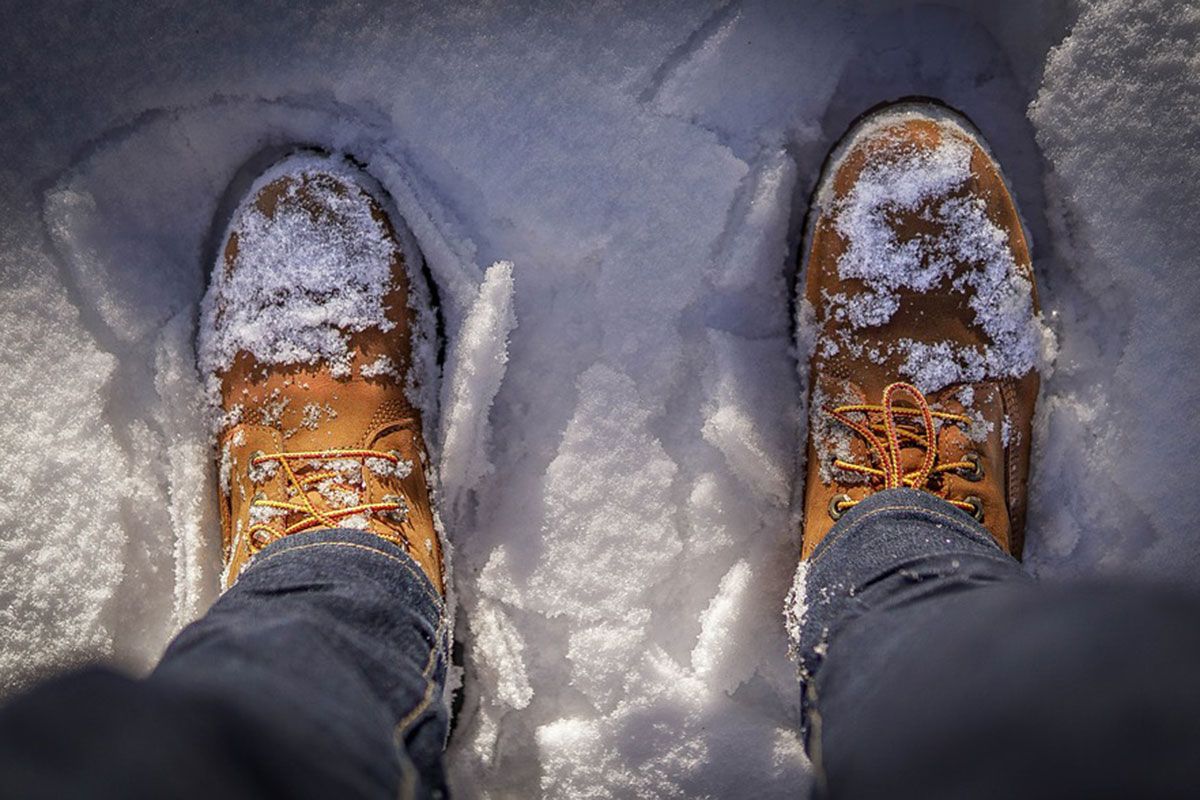
Maintaining hardwood floors during winter doesn't have to be a headache - I've discovered some game-changing tricks that'll keep your floors looking fresh even when the weather's brutal. Let me share my top winter maintenance tips that'll help protect your hardwood floors during these cold months, saving you both stress and money.

Want to prepare your home for winter weather but not sure where to start? I've learned the hard way (after a frozen pipe disaster) that getting ahead of winter prep can save you thousands in repairs and headaches. Let me share my top winter-proofing strategies that'll help you protect your home and keep your family cozy when those temperatures drop. How to Prepare Your Home for Winter Weather: A Complete Guide Winter's coming, and I've seen too many homeowners scramble at the last minute to protect their homes. As a home maintenance expert, I'll share exactly what you need to do to winterize your home properly. Let's get straight to the practical steps that actually work. Outdoor Preparations (The Most Critical Part)
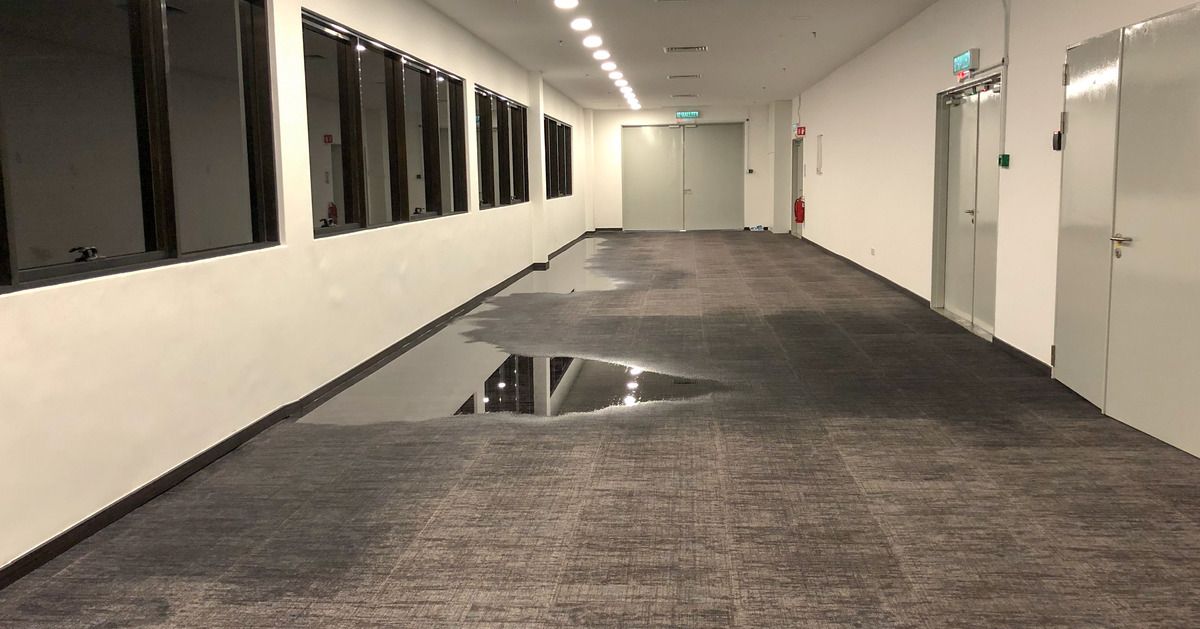
Ever faced a water disaster at your business? Trust me, it's not fun. But don't panic - there's hope. Let's chat about commercial water damage cleanup and restoration - your lifeline when things get wet. Commercial Water Damage Cleanup and Restoration: Your Ultimate Guide When disaster strikes, you need a plan. Fast. Commercial water damage can wreck your business if you're not ready. I've seen it happen too many times. Let's dive into what you need to know about commercial water damage cleanup and restoration. Why Quick Action Matters Time is money, especially when water's involved. The longer you wait, the worse it gets. Mold can start growing in just 24-48 hours. That's why immediate response is crucial for commercial water damage. Delay, and you're looking at: - More extensive damage - Higher repair costs - Longer downtime - Unhappy customers and employees

Ever wondered how to clean tile floors without turning it into a whole ordeal? I've got you covered with some simple tips that'll make your tiles shine. Let's dive into how to clean tile floors the easy way – no fancy stuff, just what works. How to Clean Tile Floors: A Pro's Guide to Sparkling Results Ever looked at your tile floors and thought, "Wow, these need some love"? I get it. Cleaning tile floors can be a pain, but it doesn't have to be. Let me break it down for you, no fluff, just straight talk from someone who's been in the trenches. Picking the Right Mop: Don't Screw This Up First things first, forget that sponge mop. It's garbage for tile. Go for a rag or chamois-type mop instead. Why? Simple. They clean better and don't leave residue. The Secret Sauce: Your Cleaning Solution Here's the deal: You don't need fancy stuff. Mix some mild detergent with warm water. That's it. If you've got some dish soap lying around, that works too.
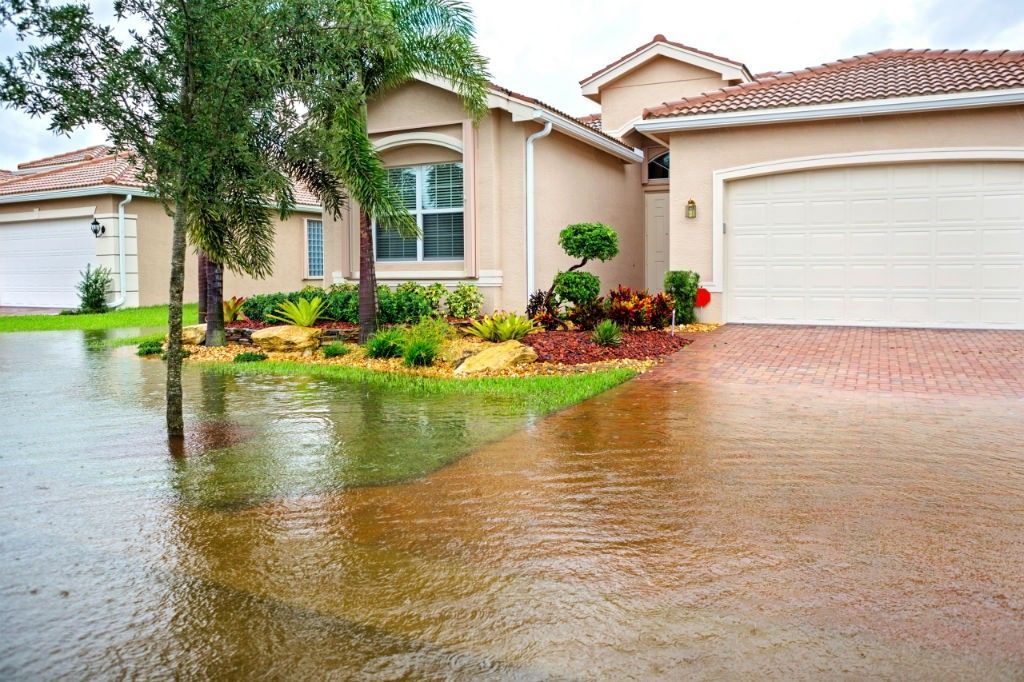
Are you facing the aftermath of a storm and wondered about signs of water damage? I've been there, and it's no picnic. Let's chat about what to look out for after the clouds clear - these signs of water damage can be sneaky. Signs of Water Damage After a Storm: What You Need to Know Hey there, storm survivor. Let's talk about water damage. Storms can be brutal, and the aftermath? Even worse. I've seen my fair share of water-damaged homes, and trust me, it's not pretty. But don't worry, I'm here to help you spot the signs and take action. The Sneaky Culprits: Common Causes of Storm-Related Water Damage First things first, let's talk about how water gets in. Leaky roofs are the usual suspects. One tiny hole can let in a whole lot of trouble. Damaged siding? That's another gateway for water. And don't forget about burst pipes. They're like ticking time bombs during storms. Visual Clues: What to Look For Now, let's get visual. Stains on your walls or ceiling? That's water damage 101. If your paint is bubbling or peeling, that's another red flag. Warped floors? Yep, you guessed it. Water's been here.
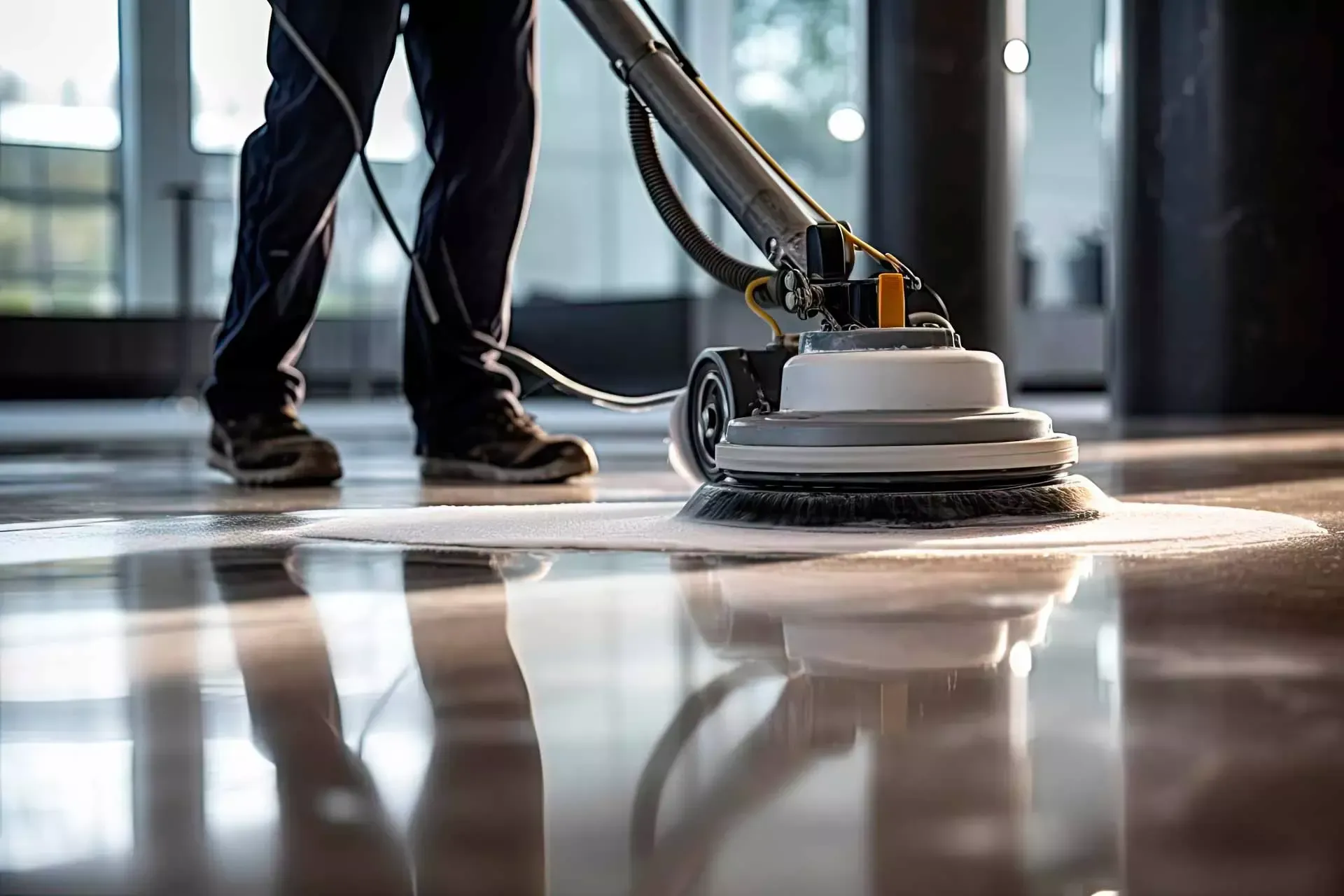
Ever wondered how to keep those VCT floors looking fresh without breaking a sweat? After years of experience, let me tell you, proper VCT floor tile maintenance isn't rocket science. Stick with me, and I'll spill the beans on keeping your floors tip-top without the headache. Proper VCT Floor Tile Maintenance: The Ultimate Guide Listen up, if you've got VCT floors, you need to know how to keep 'em looking fresh. I've seen too many businesses mess this up and end up with dull, damaged floors. Let's dive into what you need to know about VCT floor maintenance. Why Bother with Proper VCT Floor Maintenance? Simple. It saves you money in the long run. Well-maintained floors last longer and look better. Neglect them, and you're looking at costly repairs or replacements. Daily Routine: Keep It Simple Sweep or dust mop daily. It's not rocket science. Damp mop with a neutral cleaner. Don't overdo it with water. Use the right equipment. A microfiber mop works wonders.
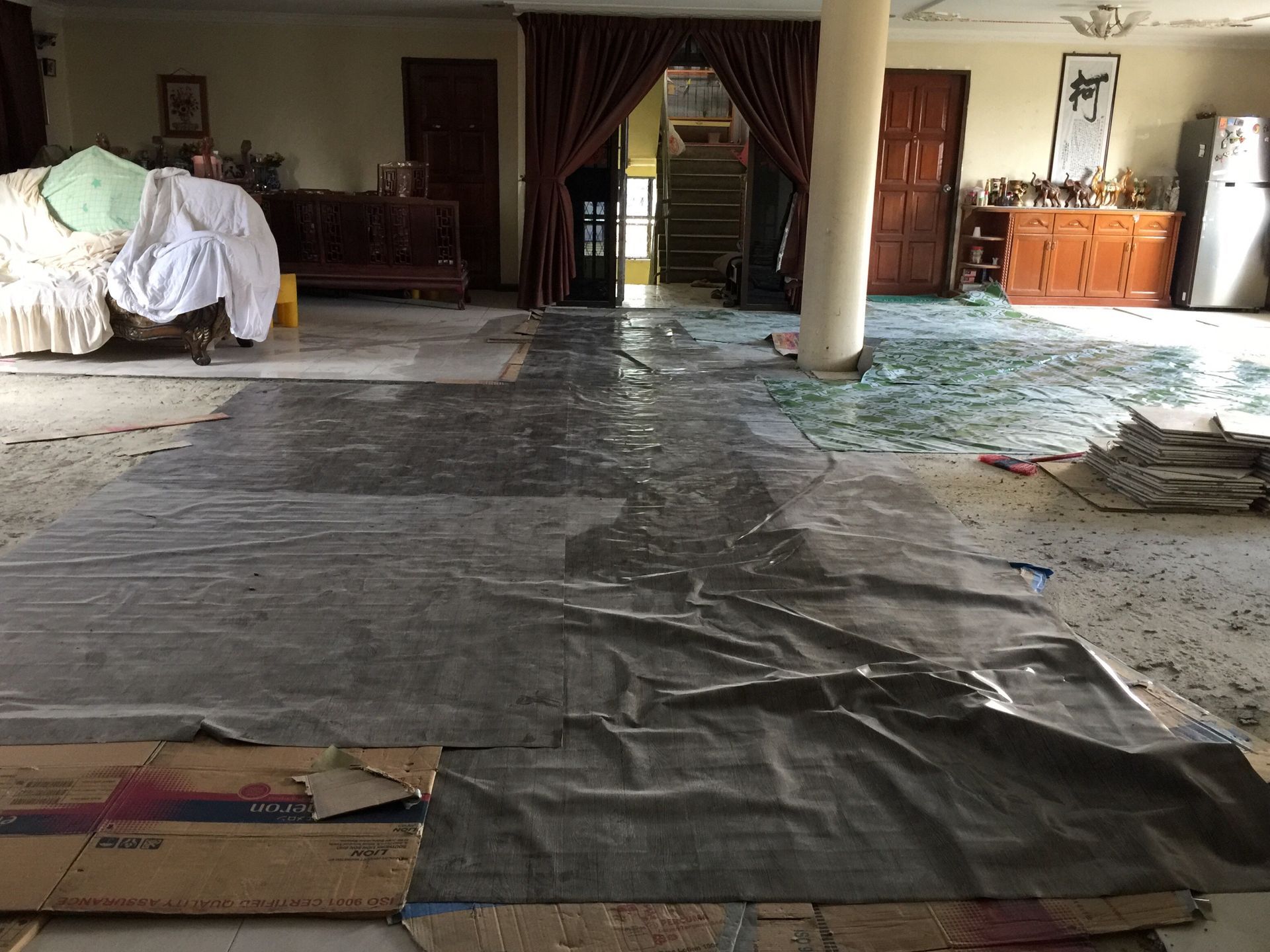
Choosing a commercial restoration specialist can be a game-changer when disaster strikes. Trust me, I've been there – and picking the right team makes all the difference. Let's chat about how to find that perfect fit for your business restoration needs. Choosing a Commercial Restoration Specialist: Your Guide to Getting It Right Ever been hit with a disaster at your business? It's no joke. Water damage , fire , mold - these things can knock you out of the game fast. That's where a commercial restoration specialist comes in. But how do you pick the right one? Let's break it down. What's a Restoration Company, Anyway? Think of them as the cleanup crew on steroids. They handle the mess when things go south - floods , fires , you name it. These guys are the ones who get your home or business back on its feet . Why You Need a Pro in Your Corner Experience matters. A lot. Pros know how to tackle problems fast and effectively. They've got the right tools and know-how to minimize damage. Plus, they can deal with insurance companies. Trust me, that's a big win.

